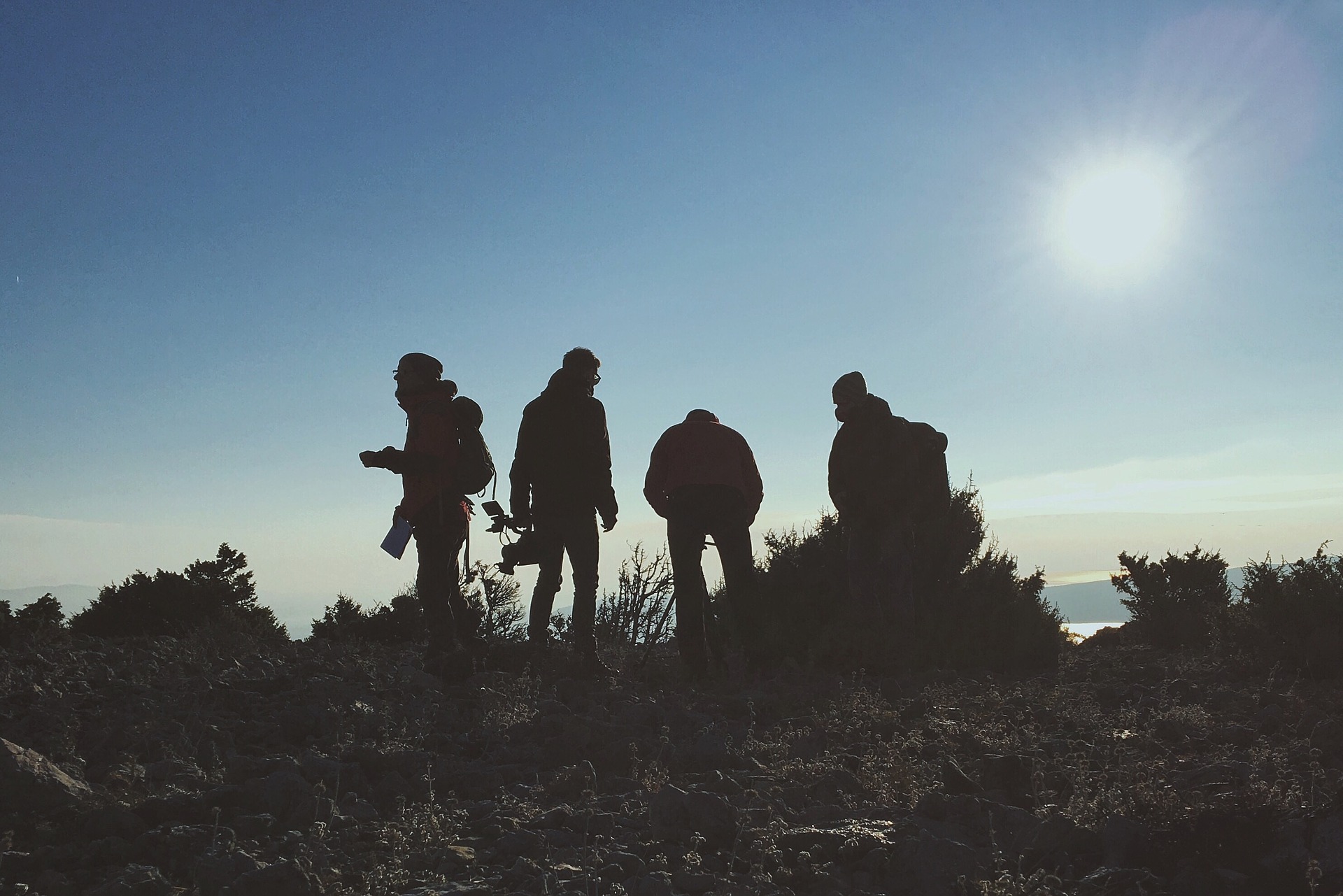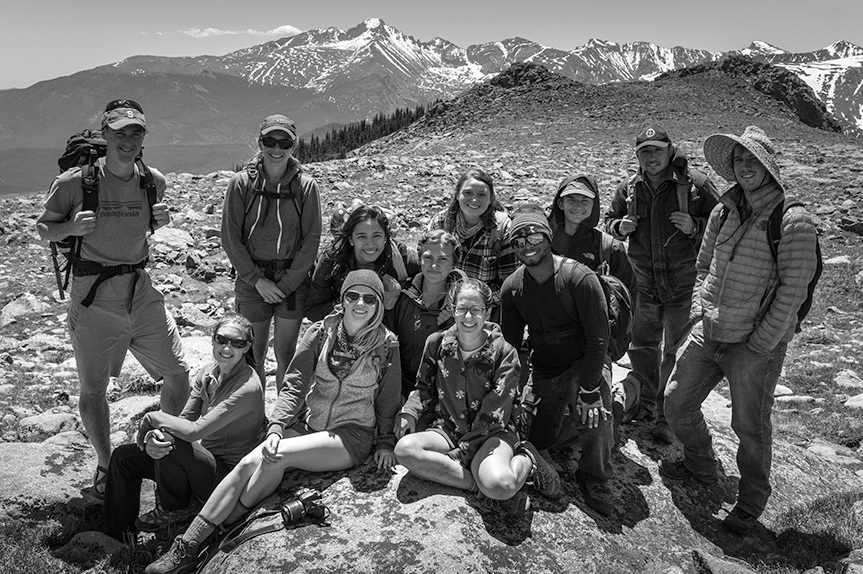Join In!
There are many ways to get involved…
Current Undergraduate Opportunities:
Unfortunately, we are not recruiting new undergraduate students for Spring 2026. However, if you are interested in the work of a particular project or mentor, feel free to email the mentor to see if there are opportunities for involvement in the future.
Each semester, we typically recruit University of Colorado undergraduate students who are interested in conducting research for course credit with us. We have several potential projects that range from experimental work to data analysis. These projects also range in their required time (credit hour) commitment.
While all are welcome to apply, we particularly encourage students underrepresented in STEM and students without prior research experience to apply.
For undergradaute students:
Take a class
A course-based undergraduate research experience (CURE) course is a great way to help you figure out whether ecological research is for you. Professor Suding teaches a first year research inquiry course (EBIO 1250) with Prof. Lisa Corwin that centers around the Boulder Apple Tree Project as well as an upper-division course (EBIO 4125) on ecological restoration. Both get you out in the field, asking authentic research questions, and conducting work in conjunction with community partners that will use what you find.
Conduct research
If you are pretty sure that research is for you, ask yourself: what makes you curious? what do you want to explore more? We invite you to check out our projects and see if any topics align with your passions. In addition, see our current opportunities section immediately below to inquire about currently available positions. We are committed to involve students in our work — to mentor, to train, and to guide in discovery. Please contact Dr. Suding or others involved in projects that interest you — we particularly invite students that early in their college career, that are willing to take risks and learn quantitative skills, and are ready to go for it.
Ask your own question
With a little bit of research experience under your belt, the world is wide open for discovery. Ask a question. Figure out the answer. There are many programs at CU that even fund you to further hone your skills and ignite your passions by conducting independent research. We advise 1-2 honors students year, many of which have gone on to publish their work in peer-reviewed journals. We prioritize seniors who have previously worked with our group and are considering graduate school.
for prospective graduate students and postdocs:
The University of Colorado is a fantastic place to explore novel and exciting research questions in a collaborative environment. I am exceedingly proud of the collaborative team environment of our group and of the amazing accomplishments of our current and past group members.
Our group is a good fit for people with a passion for community ecology; for people that like experimental and quantitative approaches; and for people that like their basic research to have application to environmental decision-making. We are not the best fit for people who have little ecological experience, want to focus on applied problems without a strong basic science foundation, want to be given a project without creative input, or want to work in isolation with no larger team involvement.
Please read our publications to get a more detailed sense about what we do. Look into fellowship funding (UCLA has a great database). Then send a description of your interests and CV to start a conversation about ways to collaborate.















